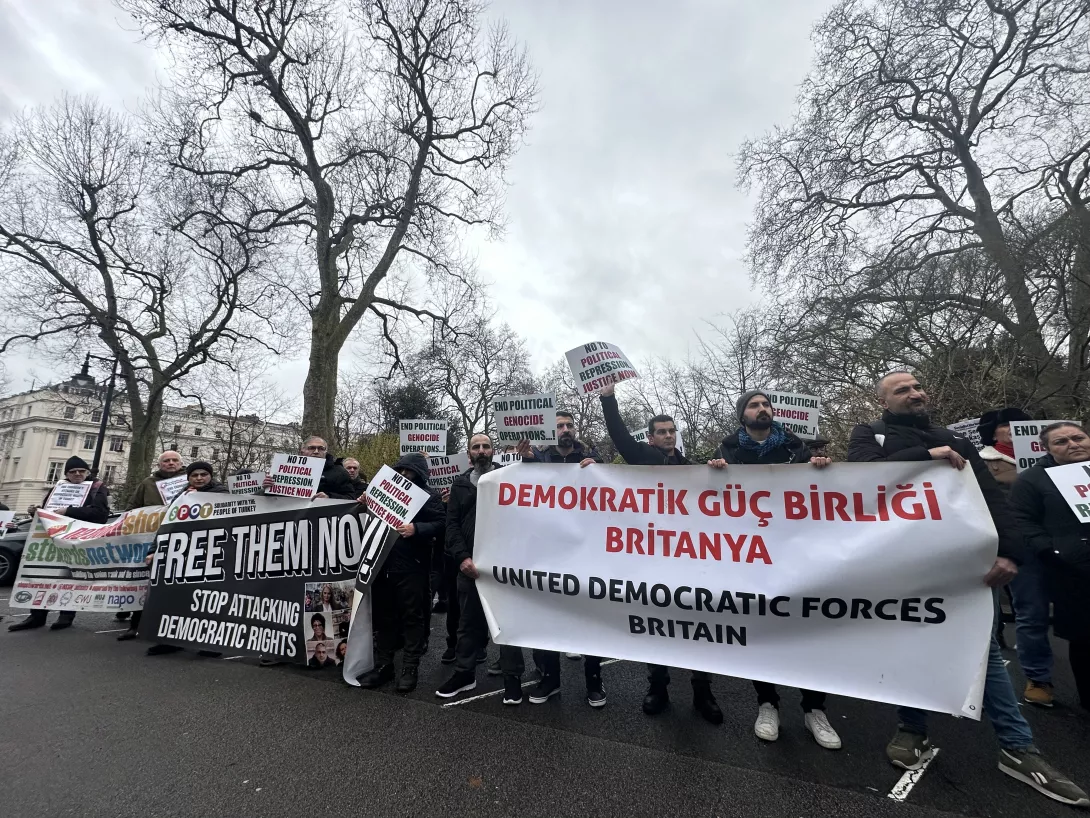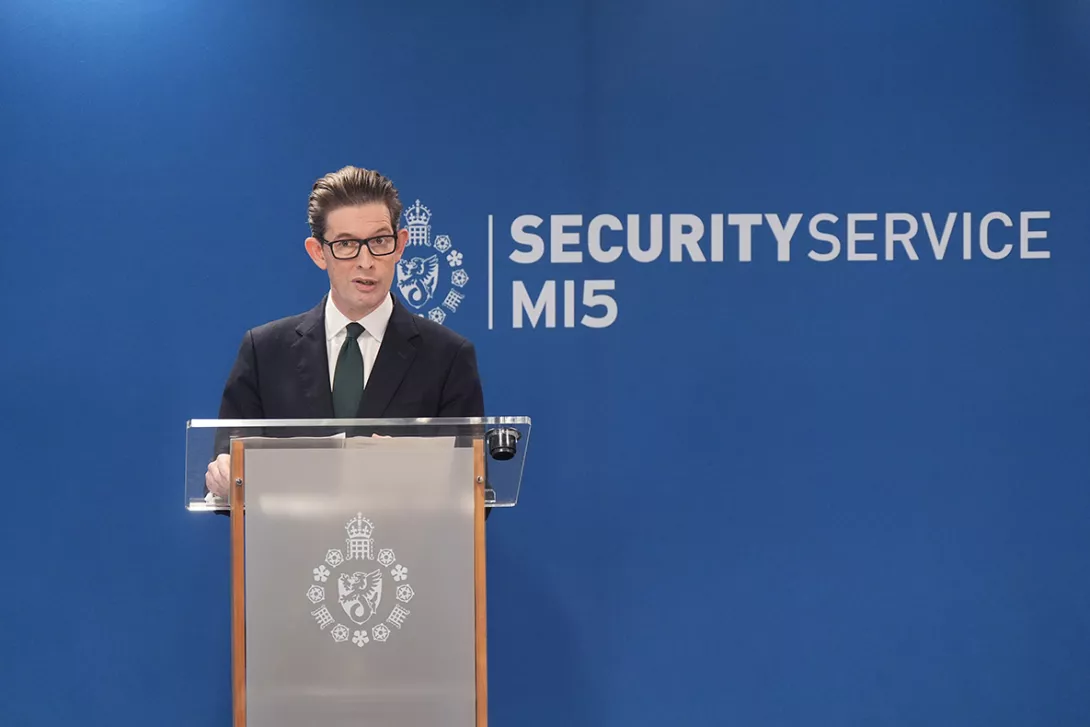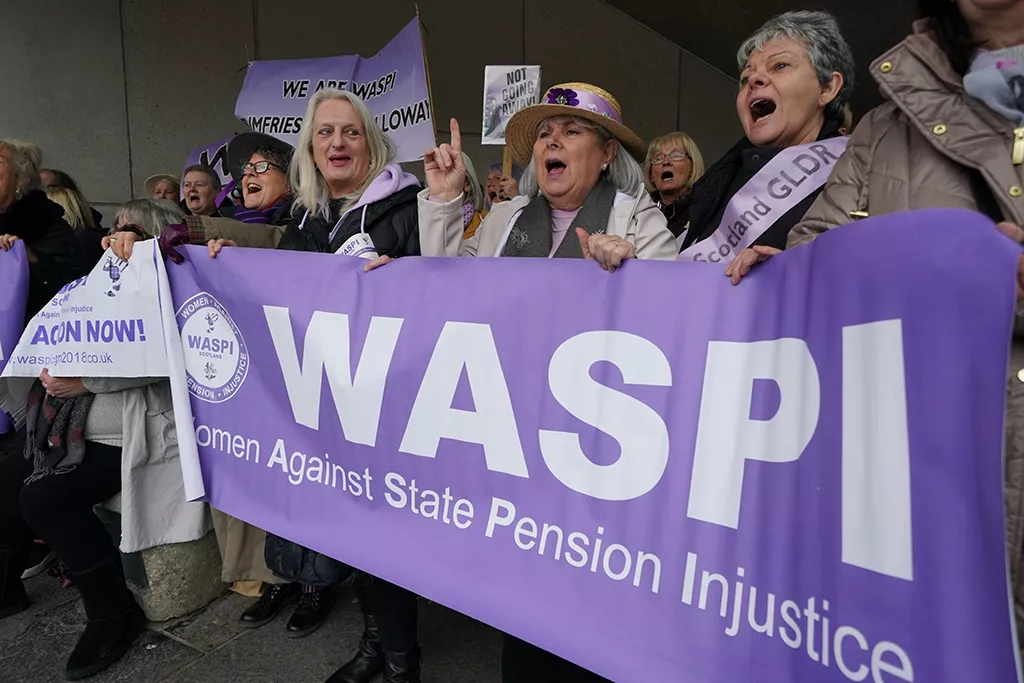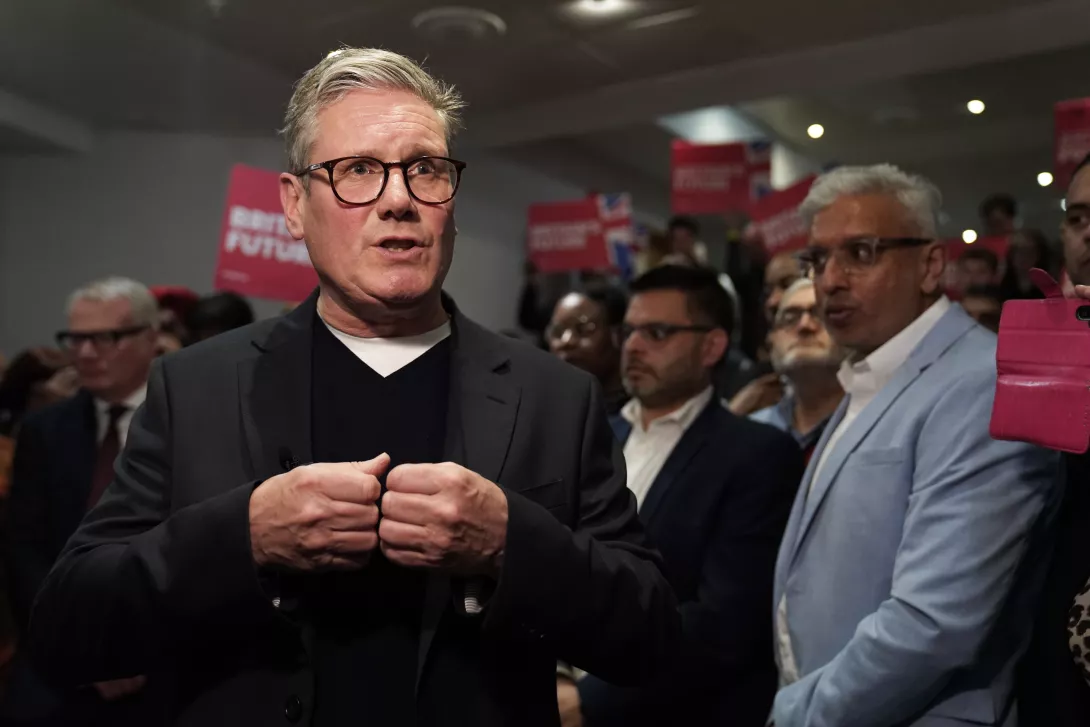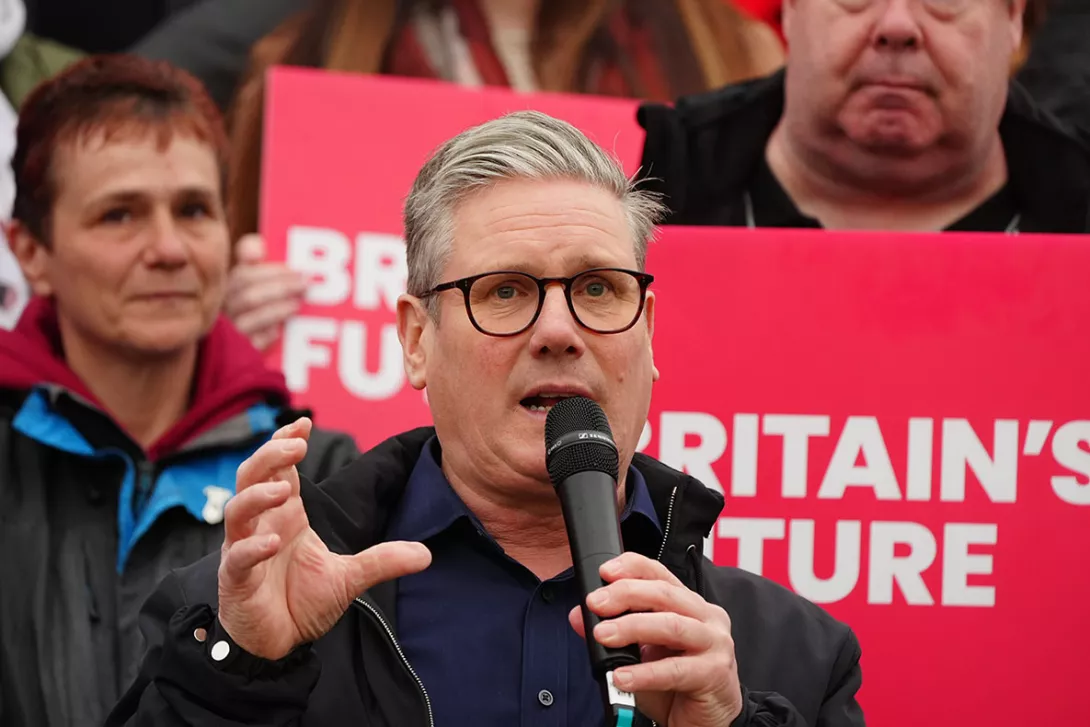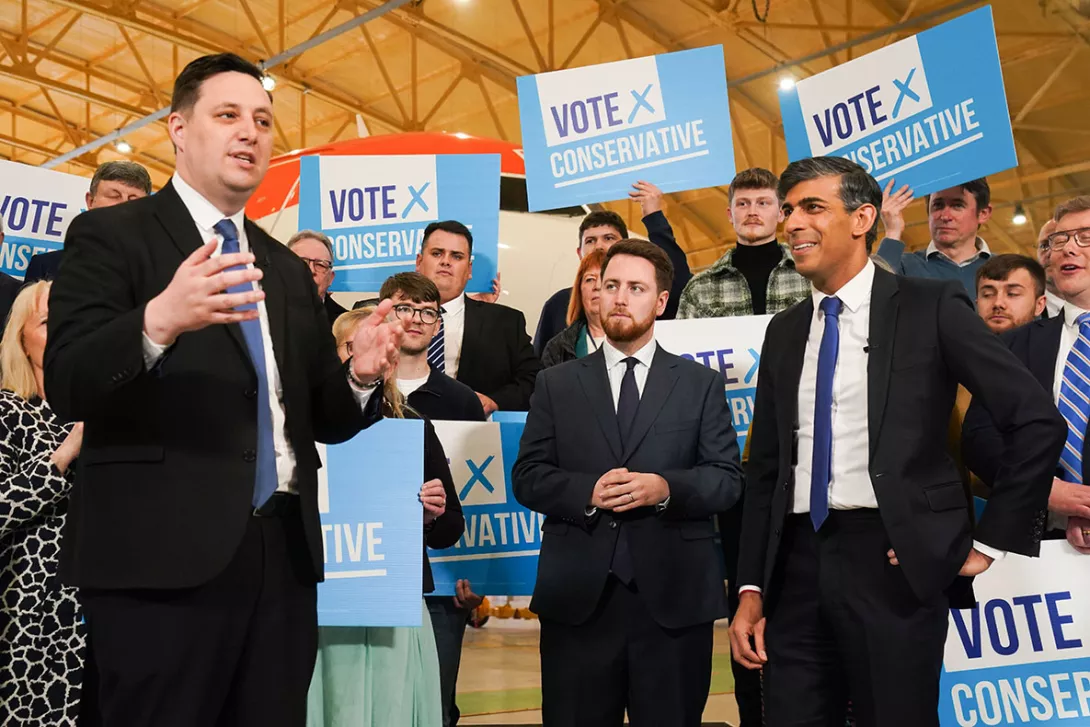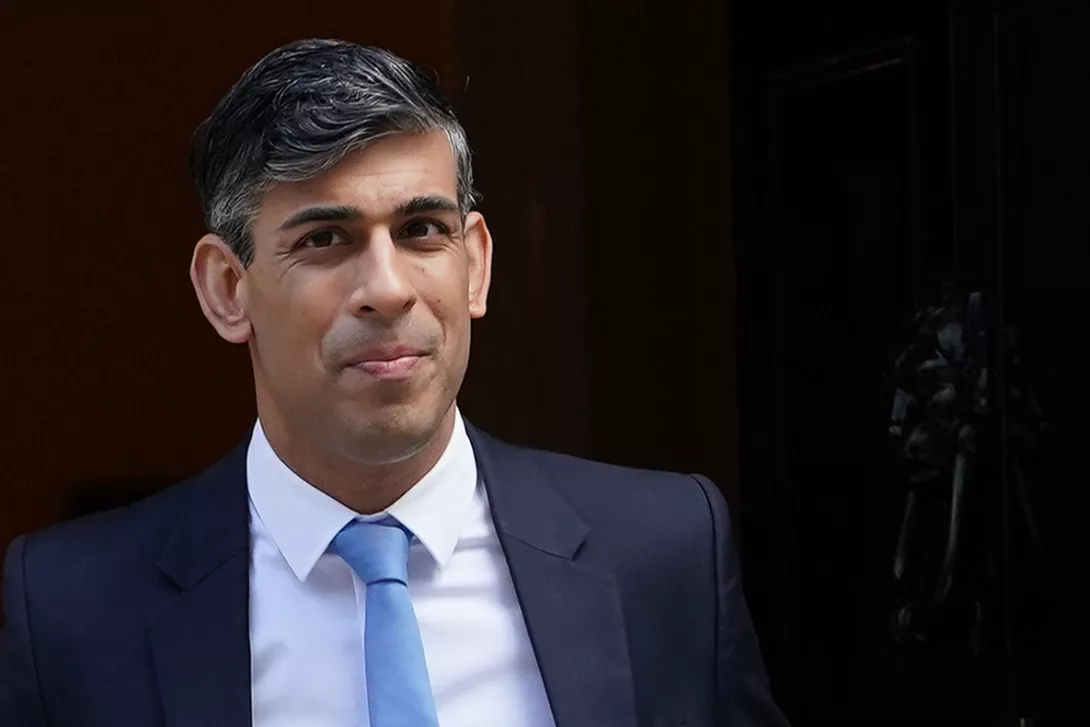Sunak clings on as Tory vote crashes
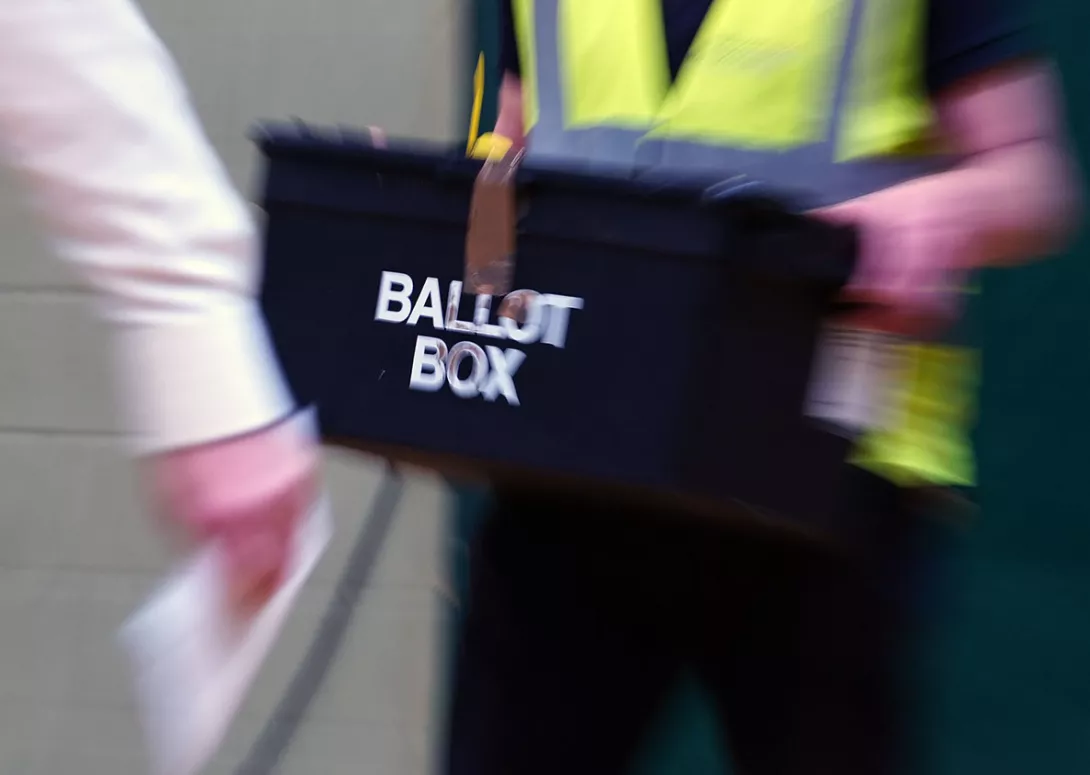
RISHI SUNAK’S rocky premiership looked like it would survive disastrous local election results for the Tories across the country.
Victories in high-profile mayoral elections masked a haemorrhaging of up to 500 local councillors as the Conservative vote dropped by nearly 20 per cent.
Ben Houchen’s re-election as Tees Valley mayor and an anticipated win for Andy Street in the West Midlands may prove to be just enough good news for Mr Sunak to see off his Tory critics — for now.
More from this author
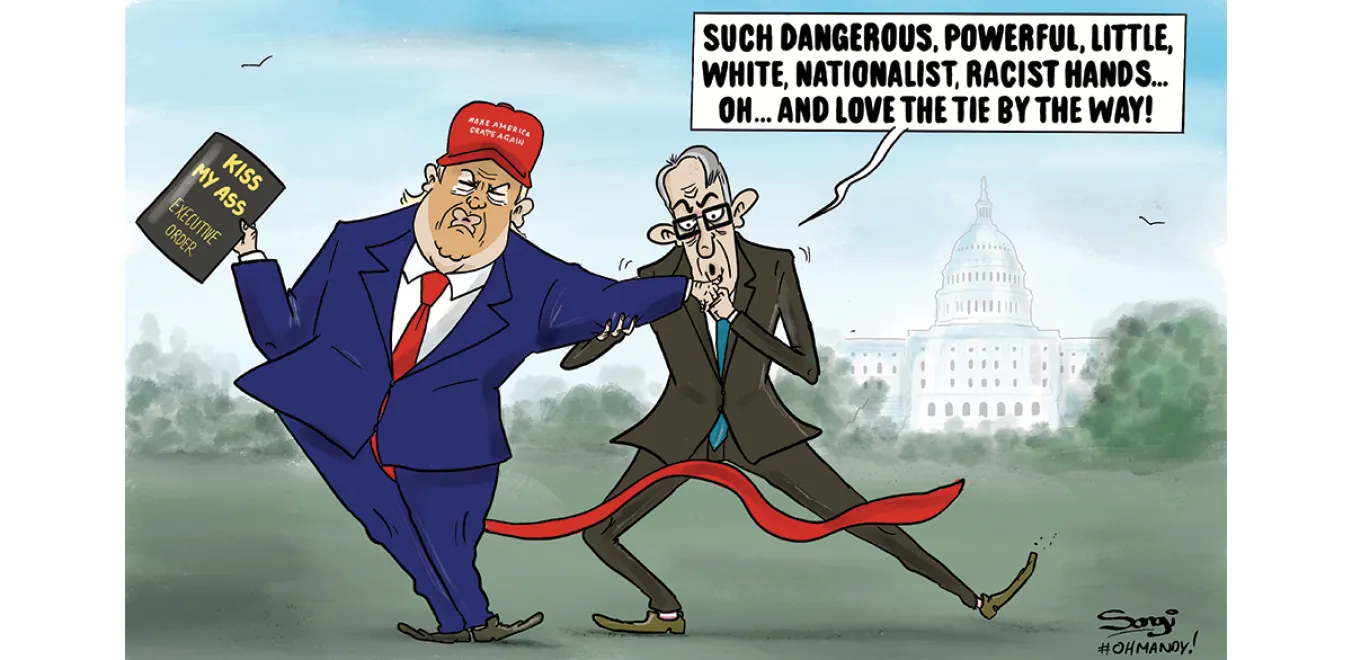
ANDREW MURRAY surveys a quaking continent whose leaders have no idea how to respond to an openly contemptuous United States
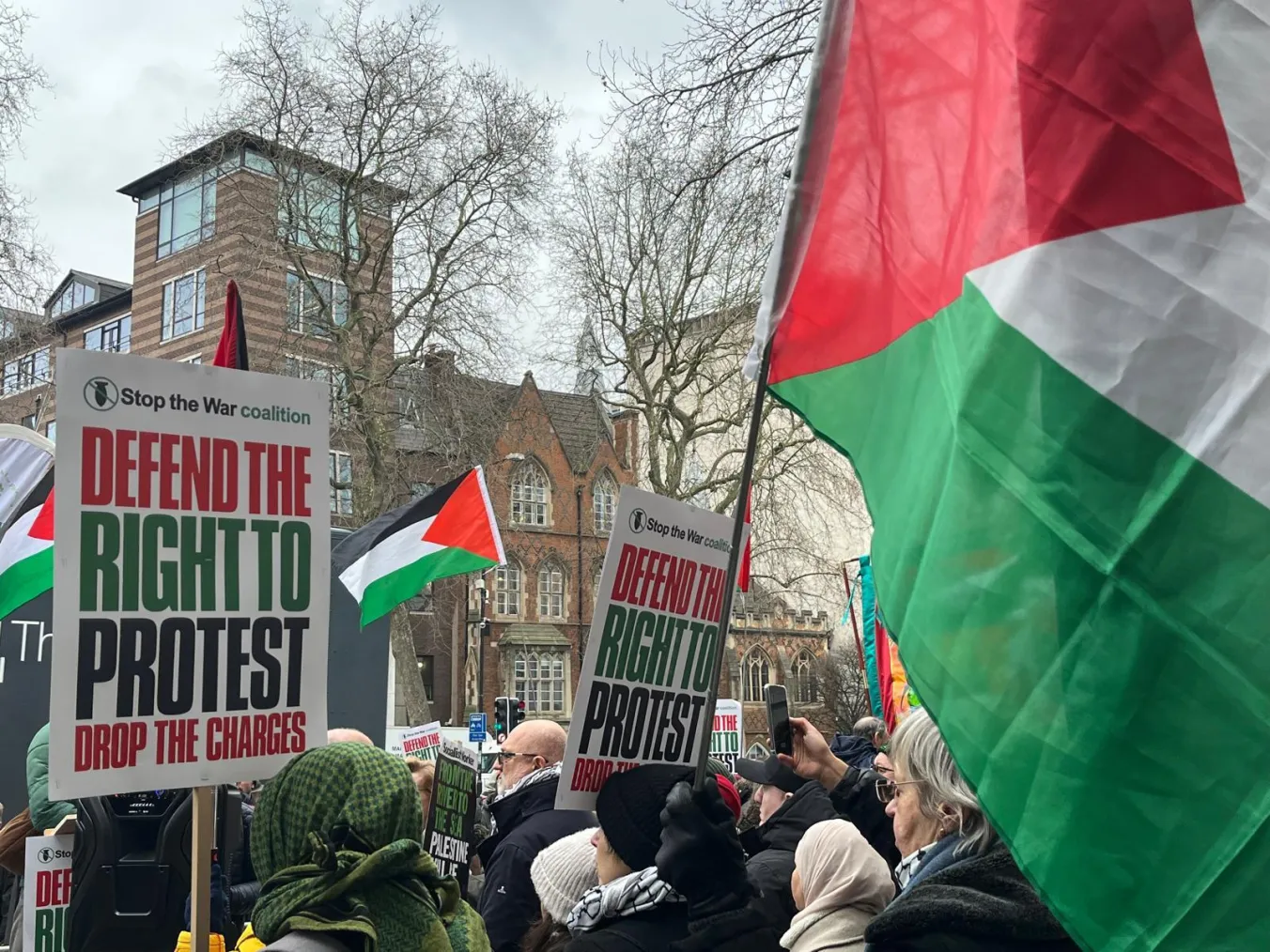
Hundreds protest outside Westminster Magistrates’ Court as Stop the War Coalition and Palestine Solidarity Campaign activists attend court


